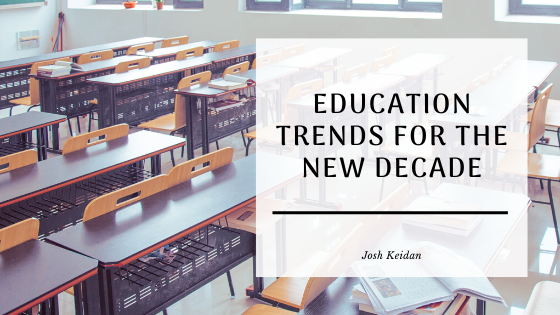Not only did we recently step into a new year, but the leap into 2020 also brought us into an entirely new decade. While a new year brings inevitable changes, the step into a new decade simply magnifies the newness that changing the calendar brings with it. A look back at the beginning of 2010 will awaken you to how much things have changed in nearly every aspect of life, so you can only imagine what sort of changes the next 10 years will bring about. Here’s a look at how K12 education may shift between now and 2030.
New Credit Options
Tim Taylor, the co-author of The Age of Agility Report, says that he expects to see a greater emphasis placed on teaching students trades earlier in their educational career. Taylor also anticipates students having the opportunity to earn credits for work outside of the typical classroom setting. It’s possible that organizations like The Boys and Girls Clubs will create experiences for students to find new ways to learn which will be accepted by school systems who will offer credit for student participation.
A Blend of School and Entertainment
While children are already earning badges on their video game systems, it’s possible that an implementation similar to this will take place in schools. Micro-credentials are a system that allows students to earn credits in a digital file when they exhibit proficiency in a particular field. There are already programs in place that offer forms of micro-credentialing, but it could easily be offered to older students within the next decade.
The use of micro-credentialing would potentially allow students to earn credits without taking formal courses which could lead to a decrease in 4-year university enrollment.
More than Reading, Writing, and Arithmetic
Finally, we may see a shift in what we’re training students to actually do with their education. As opposed to teaching kids only how to pass tests and pursue degrees, many experts anticipate a focus on teaching students how to make a difference in the world around them. Instead of the primary focus of education being on standardized tests, students (especially those in high school) will be encouraged to make their community their classroom and see the unique impact that they can make on their society both locally and abroad.
There’s a good chance that most things won’t be remotely similar to what they are like now when we reach 2030. The education field will certainly follow suit in a time of change.

